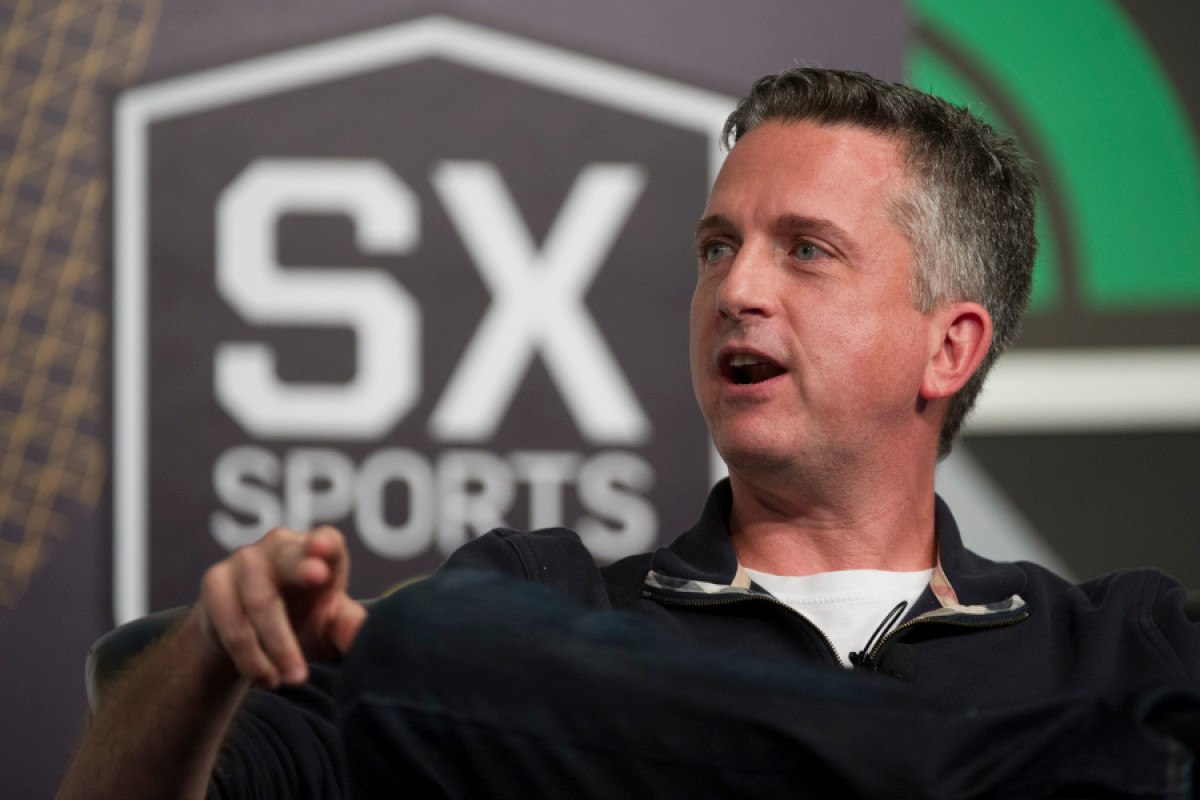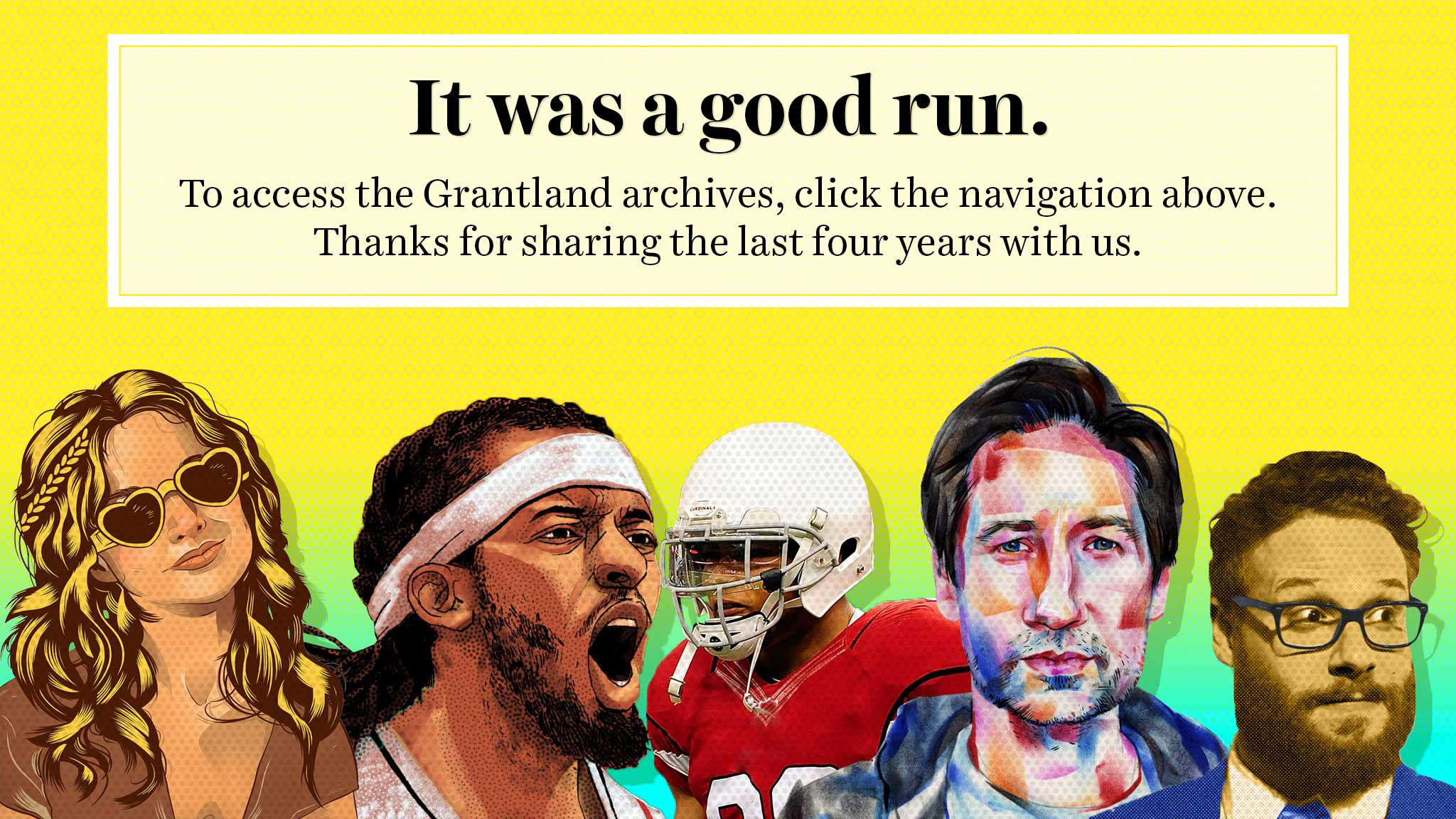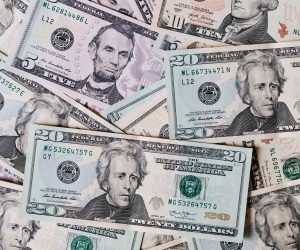Audio streaming company Spotify Technology announced on Wednesday that it agreed to buy the sports media outlet, The Ringer. And while much of the recent sports media acquisition frenzy is tied to the spread of legal sports betting, this latest deal may be motivated more by fit.

The details of the deal between Spotify and The Ringer weren’t initially announced, but as a public company, Spotify will eventually have to disclose how much it paid for Bill Simmons’ sports media company. But money probably wasn’t Simmons’ only consideration.
After 15 tumultuous years under ESPN’s corporate thumb, Simmons was probably less focused on price and more interested in fit and content control.
Spotify and The Ringer Are Compliments
Started as a music streaming service, Spotify expanded its business model to include podcasts. In 2019 the company acquired three podcast networks, Gimlet Media, Anchor FM, Inc., and Parcast. Spotify is currently home to 700,000 podcasts. It has 271 million users, including 124 million paid subscribers. By acquiring The Ringer, Spotify will gain roughly 30 podcasts, which generate 100 million downloads a month.
Simmons spent 15 years working for ESPN. While there, Simmons founded the popular blog Grantland, and co-created the “30 for 30” documentary series. But the relationship was never easy and, after years of butting heads over creative differences, ESPN didn’t renew Simmons’ contract. A year later, Simmons launched The Ringer.

Unlike ESPN, Spotify doesn’t produce or edit content. It enables content and secures advertising. The Ringer, however, is all about content creation. And because Spotify and The Ringer have different, but complementary roles, there is likely to be less friction. As a result, the very issues that that roiled the relationship between Simmons and ESPN — creative differences and censorship — aren’t in play.
ESPN’s Unfortunate Timing
A poor working relationship wasn’t the only reason ESPN dropped Simmons. People had started to cut the cord with their cable providers, and cable bundles were ESPN’s bread and butter. Between 2013 and 2015, ESPN lost 7 million subscribers. The year they let Simmons go, ESPN’s subscriber base was the lowest it had been in nearly a decade, and the sports network was bleeding cash.
Three years later, however, the US Supreme Court overturned the ban on sports betting. Soon after, sports media companies became a hot commodity. By that time, however, ESPN had pulled the plug on Grantland and laid off its staff.
It’s difficult to know what Grantland could have fetched in today’s market, but once they release the details of the Spotify-Ringer deal, it might be easier to estimate.











